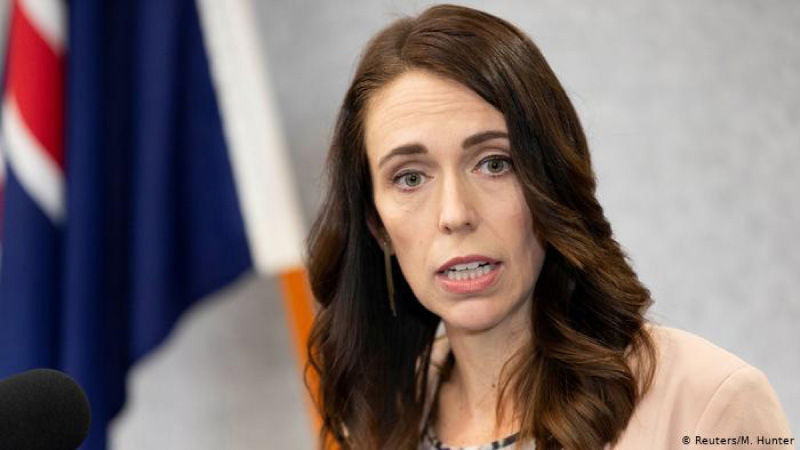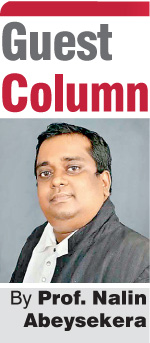Monday Feb 16, 2026
Monday Feb 16, 2026
Monday, 31 May 2021 00:00 - - {{hitsCtrl.values.hits}}

A key feature we can observe in New Zealand is all about higher authorities making decisions by taking the opinions of health professionals and experts with knowledge in the health sector. Another key aspect is how Prime Minister of New Zealand Jacinda Ardern communicates the national strategy of the disaster to the people at the outset of the pandemic
 With this corona pandemic Sri Lankans as a nation, have reached a decisive stage. The Government has taken steps to extend the strict travel restrictions imposed to control the current pandemic until 7 June. The time has come for all citizens of the country to understand the seriousness of the disaster.
With this corona pandemic Sri Lankans as a nation, have reached a decisive stage. The Government has taken steps to extend the strict travel restrictions imposed to control the current pandemic until 7 June. The time has come for all citizens of the country to understand the seriousness of the disaster.
In this situation, Sri Lankans need to get together and ‘unity, understanding and helping each other’ is the mantra in COVID-19 for any country. We can witness in whatever disaster people panic and try to do something different. But in case things get settled (after the disaster) again you can see the ‘same person’ with ‘no sense. So, the role of educating and empowering people on this is a must.
In this situation, it is important to see how you can use different strategies. Hence it is worthwhile to discuss one of the best practices of New Zealand. The largest live music concert since the COVID-19 launch was recently held at New Zealand’s largest stadium, attended by over 50,000 people. The concert was free from any social isolation and wearing masks, and this can be considered as a great opportunity to showcase New Zealand’s success in controlling the virus.
A key feature we can observe in New Zealand is all about higher authorities making decisions by taking the opinions of health professionals and experts with knowledge in the health sector. Another key aspect is how Prime Minister of New Zealand Jacinda Ardern communicates the national strategy of the disaster to the people at the outset of the pandemic. In that message, Prime Minister Ardern said that the pandemic was a ‘difficult time for all’ and called on the people in the country to ‘be kind, compassionate, and understanding.’ This message was properly communicated with all media, including social media (all cooperated despite their own political agenda supporting by looking at the context of the national disaster – one lesion to our politicians).
Interestingly a well-known Māori proverb ‘He waka eke noa’ (We are in this together) also became their inspiration to rally behind their government as they fought against the virus (The Māori are the indigenous Polynesian people of mainland New Zealand originated with settlers from eastern Polynesia, who arrived in New Zealand in several waves of waka voyages between roughly 1320 and 1350). This is a clear example of how the country used its traditions with better collaboration.
The time has come for us to think differently, learn, and act with responsibility in the face of this crisis. ‘Blaming each other’ must be stopped and the situation must be understood with more responsibility. If ‘health promotion’ can be used effectively as a country and a nation, it will undoubtedly be the main factor for long-term sustainable development for any country. At the moment we could not see any integrated communication strategy. We should be innovative and most of the countries always like to visit their tradition and use some of the values of tradition by looking at the holistic picture of the country.
Like ‘He waka eke noa’ we should have our own (marketing) communication strategy to educate and empower people. Anyway, the country needs to understand the ‘value of people’ who respect the love of tradition.
“A love for tradition has never weakened a nation, indeed it has strengthened nations in their hour of peril” – Winston Churchill
(The writer is a Professor in Management Studies at the Open University of Sri Lanka. You can reach him on [email protected].)